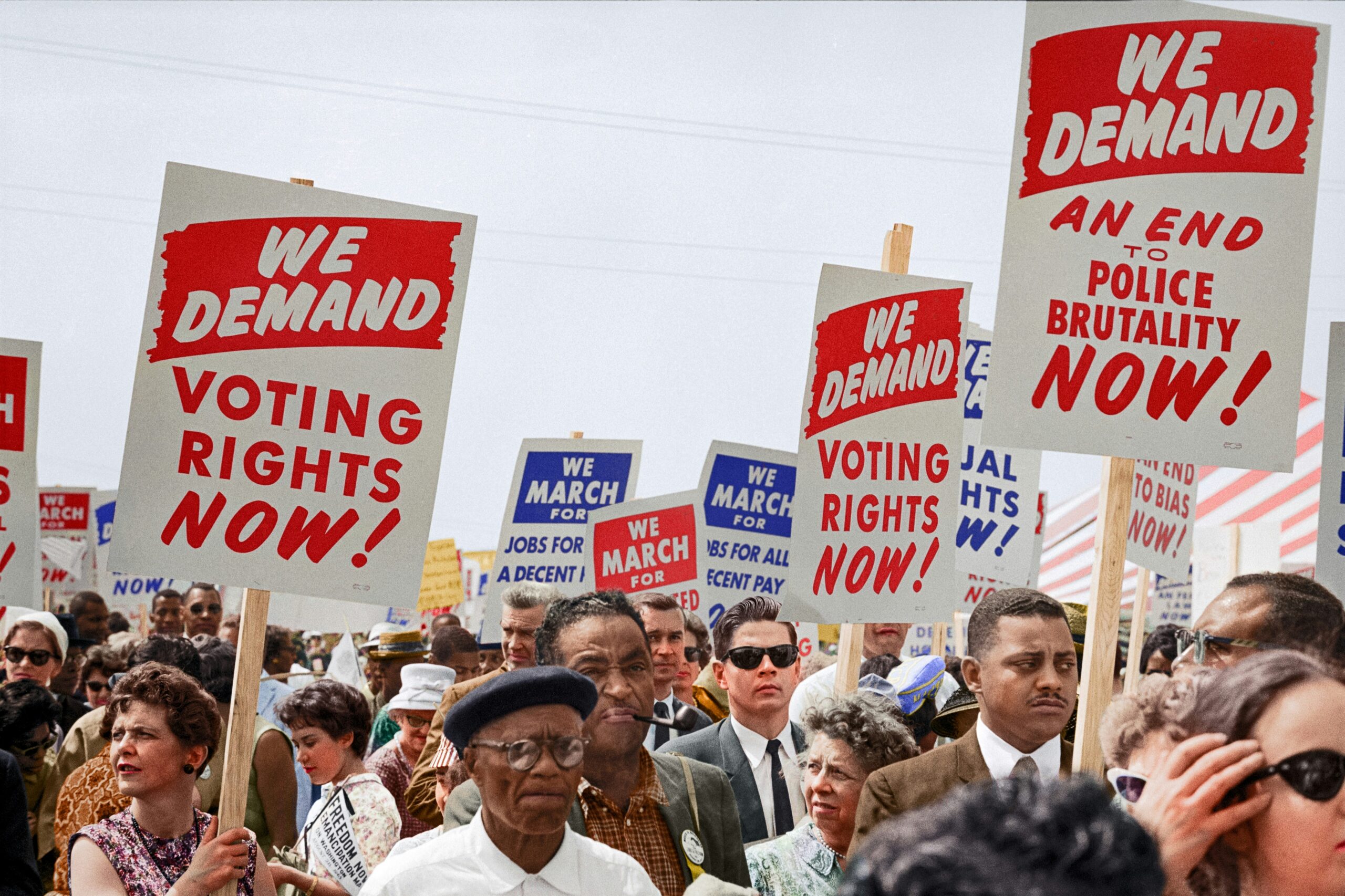
http://medievaljourney.com/tutorials/making-a-feather-quill-step-by-step-tutorial
The Test of Essential Academic Skills (TEAS) is an exam which students entering the health field take, typically those entering nursing. According to the ATI Testing website,
“The ATI TEAS (Test of Essential Academic Skills) is designed specifically to assess a student’s preparedness entering the health science fields. Most likely, you’ve been asked to take the TEAS as part of your basic admissions requirements for nursing or allied health school. That’s because studies show a consistent link between a student’s performance on the TEAS and future academic success.”
Cool! I just have one question: which medical skill does interpreting 18th century text evaluate? For example, the following is a question from the TEAS practice test (which can be found here):

Maybe (and it’s a BIG maybe) it might be good for students entering nursing school to understand some 18th century texts, such as the Declaration of Independence or the Constitution, in the same way that it would be good if everyone here knew the foundations of American government. But this isn’t some timeless document or world-historic piece of writing. This is an excerpt from Thomas Jefferson’s first inaugural address, and it’s not even the most important part of that speech.
Reading comprehension and interpretation are important skills, but no one writes or speaks like this anymore. Medical information is not written like this. Patients don’t describe symptoms or ask questions like this. Insurance claims documentation is not written like this. There are very few places in the modern world where understanding literature from hundreds of years ago is a skill.
So why is this question included on a test for nurses? The Nerdy Nurse offers a potential explanation under the aptly headed, “Why is the TEAS Exam Hard?”:
“Some people find the TEAS exam to be difficult because they struggle to perform well on standardized tests. Others have difficulty with the breadth of the subject matter. In general, the TEAS test is difficult because nursing school is competitive. The difficulty of the tests allows schools to select students to have the best chances to succeed academically. Nursing school is hard. This test is one of the first steps of the nursing school process, so it’s no surprise that it would be one of the many difficult hoops that future nurses will have to jump through to secure their place as healthcare professionals.”
While the Nerdy Nurse is not affiliated with ATI or TEAS, it’s refreshing to see someone say what many people who have taken this test (and many standardized tests like it) already know- the test is designed more to weed students out than to ensure that they possess the necessary skills and intelligence to perform well in their programs
The predictable result is that students fail the test, sometimes multiple times. At $50-$80 a session, those costs can add up. That doesn’t include the cost of study materials (which, naturally, are provided by the same people who make the test) or private tutoring. I tutored a student who was studying for the TEAS test. The student spent $100 on those tutoring sessions, and at the end we both agreed that the was ready to take the test. In fact, we were both so confident, we canceled the rest of our sessions- no point in the student spending more money.
The student failed the test.
My student paid me to help them prepare, and I did not help the student succeed. I’m responsible for that failure. But I’m frustrated by the absurdity of reading Jefferson on a nursing test just because it’s hard. In practice, it means that people are denied the opportunity to make more money to take care of themselves and their families. And it’s not because they don’t know what they need to know; it’s because they don’t know what they don’t need to know. If you’re not a historian, you don’t need to read Jefferson’s inaugural address or understand the needlessly complicated way politicians in the 18th century spoke. Denying access to education based on questions like the one above feels like a flimsy pretext to exclude people.











